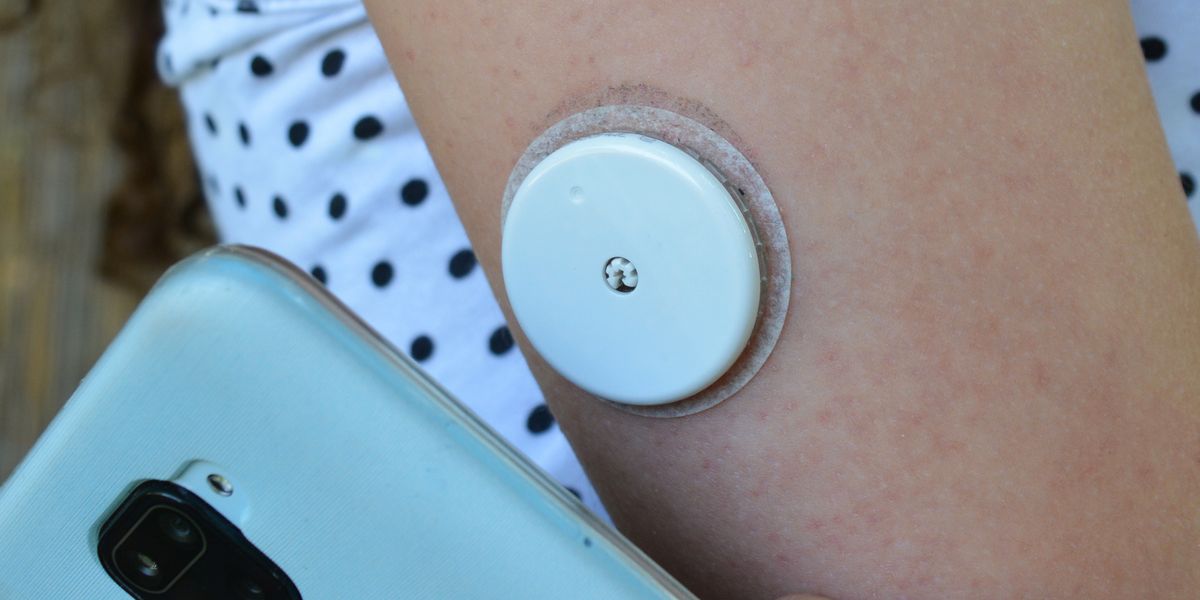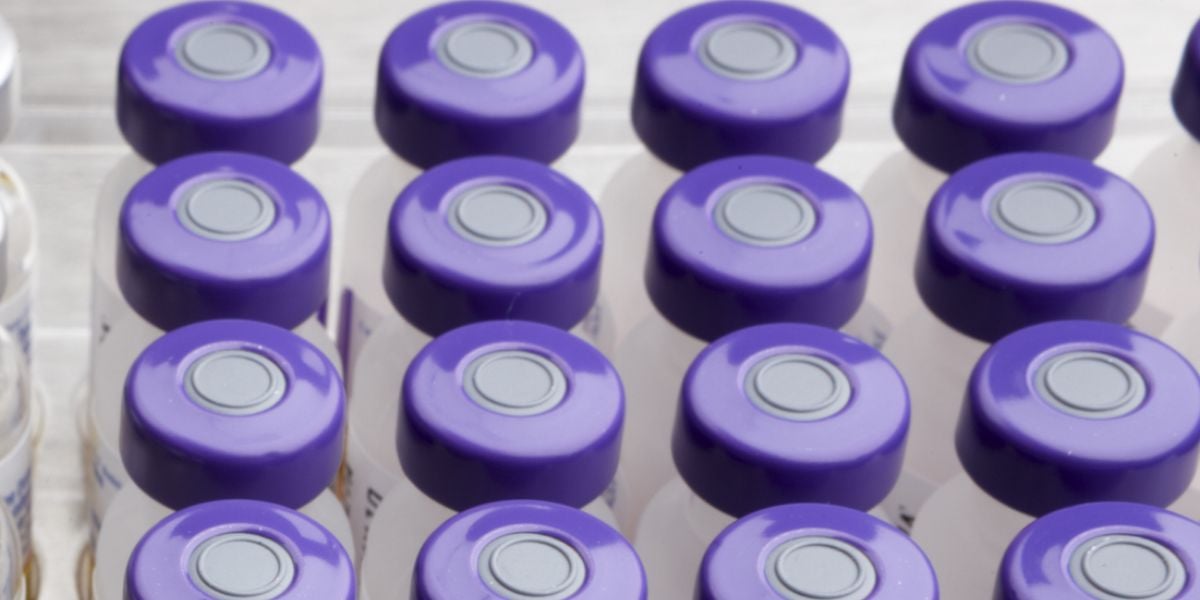For those with type 1 diabetes who inject insulin, the prospect of non-invasive insulin delivery is something that is very welcome. Needle-free injecting would eliminate the pain associated with needles.
Although there have been several needle-free options, none have particularly made it big.
It’s quite surprising that no pharmaceutical has come out with a needle-free method of injecting insulin yet.
Whilst there are non-invasive insulin delivery methods in development, it appears it is still going to be a while before people with diabetes are able to truly become ‘needle free’.
Why has the development of non-invasive insulin delivery devices taken so long?
The reason why ‘non-invasive insulin delivery’ has taken so long to get right is the fact that insulin gets destroyed if it’s ingested.
If you eat or drink insulin, the stomach’s digestive juices simply destroy it.
However, there are other ways being investigated as alternatives to injections or insulin pump infusion sets.
Nasal insulin
For a brief while there was a nasal insulin available called Exubera.
However, it just didn’t catch on.
The delivery equipment was something that looked very much like a bicycle pump that you used to stick up your nose and deliver a dose of air-borne insulin.
It was big to carry around and frankly must have felt odd to use and looked even worse.
Fundamentally, only the extremely needle-phobic preferred to use it.
The approval of the world’s first inhaled insulin marked an important advance in the treatment of diabetes that began with the discovery of insulin in the 1920s.
However, the success of this innovative diabetes treatment has proved relatively short lived, as the company decided in October 2007 to withdraw the product from the market as sales of Exubera had proved disappointing.
Exubera was described as ‘a patient-friendly agent that was thought to be especially welcome to type 2 diabetic patients who are new to insulin therapy and reluctant to use injectable insulin’. Among type 1 patients with diabetes, Exubera was seen as ‘providing welcome relief from the need to give daily, meal-time insulin injections’. However, these patients still needed injectable long-acting insulin therapy.
Inhaled insulin research
Research is presently continuing with inhaled insulin (Technosphere) for type 2 diabetes whereby it is used only with meals whilst there is also an injected basal dose of insulin glargine.
This is being compared to a twice-daily injectable insulin for type 2 diabetes.
The use of insulin therapy is often put off when treating patients with type 2 diabetes because it is associated with weight gain, hypoglycemia , and the need for subcutaneous injections.
Solid Dose Injector
The Glide SDI (Solid Dose Injector) is a new form of technology developed by Glide Pharma, a specialty pharmaceutical company.
The Glide is less invasive than traditional injection methods and should make the injecting experience less painful and less upsetting by allowing the injection of solid formulations.
The Glide opens up a wide range of therapeutic options for new and existing treatments. Lipoxen Plc. has entered into an agreement with developing a diabetes treatment product for use with Glide’s needle-free drug delivery technology to deliver Lipoxen’s long-acting insulin, SuliXen.
Also in the pipeline, an Australian company is developing an insulin gel patch in collaboration with the Joslin Diabetes Center at Harvard Medical School. Meanwhile, a Japanese company is developing an insulin nasal spray with Hoshi University in Tokyo.
Alternative to needles
So, there is some hope that a realistic alternative to needles is on its way. Should they be forthcoming, it may also undermine the need for insulin pumps too. You’d think that there would be a lot of interest in developing this solution for what is a huge (and growing) market.
With contributions from Diabetes Expert: Sue Marshall





